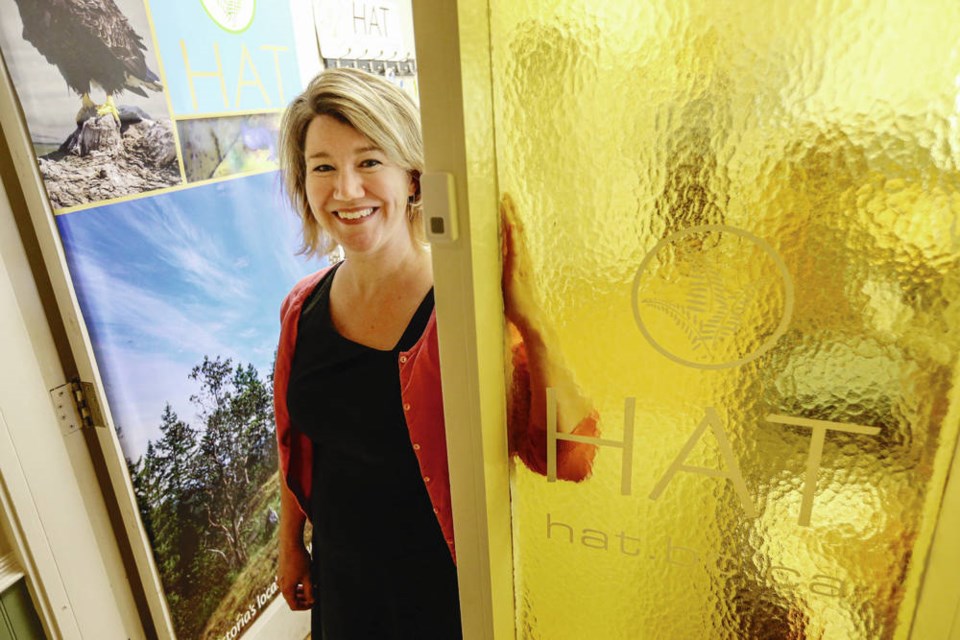The Victoria Foundation is supporting local charitable organizations with more than $3.13 million in grants as they move into the recovery phase of the pandemic.
Non-profit organizations, which rely on fundraising to support services and programs, have been hit hard during the pandemic, with a drop in revenue compounded by the need to compete with others in the same situation for funds.
Under the foundation’s Community Recovery Program, 142 organizations will each receive up to $30,000 as they transition to a new normal.
For the Habitat Acquisition Trust, the grant was a lifesaver, as it helped the regional land conservatory non-profit to keep operating.
“It’s almost the most valuable funding you can find for a non-governmental organization, as most funders want to see new projects,” said executive director Katie Blake. “The Victoria Foundation is progressive to understand the organizations need to keep the lights on.”
The funds went toward non-project needs, such as hiring employees to backfill positions to reduce staff stress levels.
“COVID-19 tipped the balance in our human resources,” said Blake. “We needed to hire staff to protect the health and wellness of our employees. We had crossed the threshold in our human resources and it was an issue that we couldn’t not address anymore.”
She credits the Victoria Foundation for “understanding and trusting” the organization to use the funds as it sees fit.
“We are now in a healthy state and the lights are on.”
Other recipients include the Kaleidoscope Theatre for Young People, which has been closed to in-person performances since March 2020. Pat Rundell, executive director of the theatre, said the funding allows Kaleidoscope to provide “meaningful and accessible” theatrical experiences for young people while employing local artists, many who have been out of work since the start of the pandemic.
To safely welcome audiences back, the theatre has set up a free, accessible outdoor theatre experience for children and families.
The Indigenous Society used the Victoria Foundation funding to give its website a much-needed update, after life moved largely online as a result of the pandemic, and to replace antiquated equipment.
“Upgrading the website was such a game-changer for us. We knew it had been neglected. But an upgrade went from something not seen as necessary to being suddenly important,” said Karman Lippitt, business development and communications co-ordinator for the society. “As a point of first contact for many clients during the pandemic, the revamp allowed us to better serve users. It is now easier for people to find information and access services.”
The funding also went towards new computer equipment so staff could support clients while safely working from home.
“The grant made it possible for us to do more. We are so grateful to the Victoria Foundation for being responsive to community needs.”
The recovery funding, meanwhile, has also allowed the B.C. Black History Awareness Society to continue operating, ensuring the accomplishments of early Black settlers are not whitewashed from history.
“It has allowed us to keep our co-ordinator — a 24-year-old Black man — and continue to reach out to support Black youth and Black immigrants who don’t feel particularly welcome,” said Paul Schachter, a member of the board of directors of the charitable organization.
Schachter said that although Black people and those who describe themselves as people of colour represent only two per cent of the B.C. population, they feature prominently in the province’s early history.
The society has turned to non-traditional avenues such as hip hop, graffiti and dance to connect with youth during the pandemic.
“We want to connect and engage with youth to drive home the anti-racism message while connecting with history,” said Schachter. “It is important that we teach history from a Black perspective to prevent the accomplishments of early Black settlers from being erased.”


-thumb.png;w=120;h=80;mode=crop)
